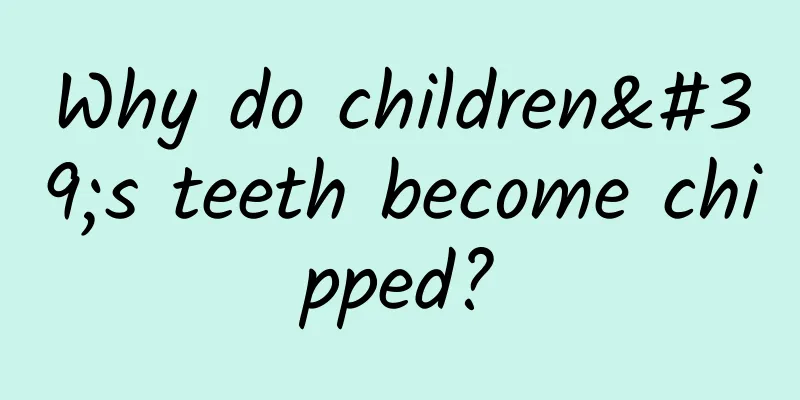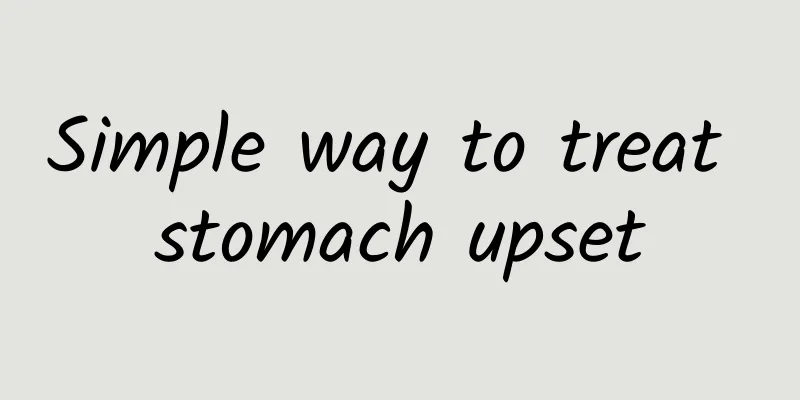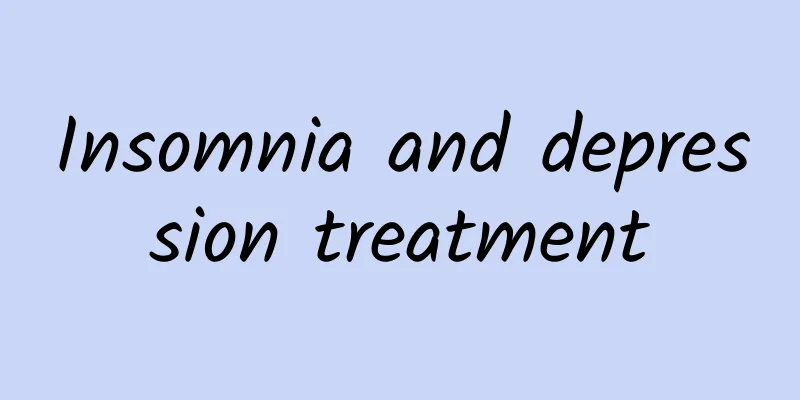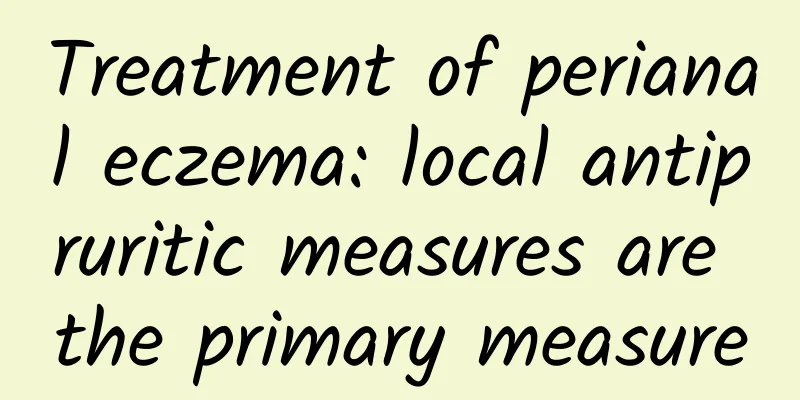Why do children's teeth become chipped?

|
There are many reasons for children to have tooth defects, the most important of which is caries. If you do not pay attention to dental care and oral hygiene, it is easy for bacteria to invade the surface of the teeth, which will cause tooth lesions. Severe cases will cause holes, defects, etc. This is harmful to the child's dental health and physical health, so dental treatment should be carried out in time. What is caries in primary teeth? Qiao Ma said: In fact, you can understand it by looking at the pictures in the article Caries that occur in children's deciduous teeth are called primary tooth caries, which are characterized by early onset, high caries rate, and rapid development of caries. After suffering from caries, the color, shape and texture of the hard tissues of the teeth will change to varying degrees. Dental caries are divided into three categories according to the depth of caries: shallow, medium and deep. The cases listed in the previous pictures are not considered serious dental caries, but once dental caries occur, if they are not properly protected or treated, the situation may not be so optimistic. ① Shallow caries: generally limited to the enamel (crown) or cementum (root), chalky or yellowish-brown patches appear on the tooth surface, which are caries spots, and the pits and fissures change to ink-like changes. Gradually, tiny chips will appear on the teeth. During this stage, only the color and shape of the teeth change slightly, and there is no obvious response to external stimuli. ② Moderate caries: At this stage, caries invades the shallow layer of dentin and cavities begin to form. It responds to external stimuli. Cold, heat, sourness and sweetness can all cause pain, and cold stimulation is particularly obvious. ③ Deep caries: Caries invades deep into the dentin, with obvious cavities, but does not penetrate the pulp and is sensitive to external stimuli. The impact of caries on children is obvious: ① It affects children’s chewing and eating. Impacted food can also cause various discomforts, and bad teeth can interfere with the absorption of nutrients. ② Caries of deciduous teeth can easily develop into pulpitis and apical periodontitis, which will not only cause severe toothache, but also prevent the normal replacement of teeth and even directly affect the normal development and eruption of the corresponding permanent teeth. ③Affect the development of the jaw. For example, if a child has tooth decay on the left side, he will unconsciously chew with his right teeth when eating. Over time, this will inevitably affect the development of the jaw, and in severe cases it may even cause facial asymmetry. ④ The deciduous teeth will prepare space for the permanent teeth, while caries will cause permanent deformation of the oral cavity and easily lead to misalignment of the permanent teeth. (Note: The new teeth that grow after the deciduous teeth fall out during the tooth replacement period are called permanent teeth) ⑤ Tooth decay will make the teeth unsightly and even affect the pronunciation of words, which will make the baby feel bad about himself, and his self-esteem and self-confidence will easily be hit. Just do the following points ① It is best to develop the habit of brushing teeth after meals and before going to bed. If conditions do not permit, let your baby drink a few sips of boiled water to rinse his mouth. ②Try to give your children less fruit juice and sweets. ③Do not let your baby sleep with a pacifier containing milk or juice in a bottle, the mother's nipple, or other food in his mouth. If your baby must sleep with a pacifier, it's best to replace the milk in the bottle with water. ④ It is best not to eat before the baby goes to bed, and try to feed the baby earlier before bedtime. If you eat before going to bed, you must rinse your mouth and brush your teeth carefully. ⑤The American Academy of Pediatrics recommends that it is best to stop using bottles when the baby is 12 months old. Using bottles to drink milk or juice for a long time will greatly increase the risk of tooth decay. ⑥You should start brushing your baby’s teeth after the first deciduous tooth grows. Families with the means can take the baby to the dentist for the first time at this time. ⑦ It is recommended to take your child to the hospital for an oral check-up every six months to achieve early detection and early treatment. |
<<: Why do we use nails to correct teeth?
>>: Is hydrogen peroxide harmful for teeth whitening?
Recommend
What to eat when the blood is hot? Eat more heat-clearing and blood-cooling foods
If there is heat in the blood, it will easily lea...
Does the bone of lumbar disc herniation make cracking sounds?
Generally speaking, patients will not experience ...
Why does chest pain occur when swallowing saliva?
Chest pain when swallowing saliva is a relatively...
Causes of persistent high fever
The unpredictable weather changes can also have s...
What leaves can cure constipation?
Mulberry leaves are one of the common food for si...
The dangers of canning
Cupping is a commonly used treatment method in tr...
What are the symptoms of aplastic anemia in children?
Aplastic anemia in children is a syndrome of panc...
What to do if your girlfriend has rotten teeth
For girls, if they have a mouth full of rotten te...
Massaging four parts is equivalent to taking tonic medicine
Acupuncture and massage have no side effects and ...
What are the effects of seahorse wine?
Seahorse is a relatively precious medicinal mater...
What are the benefits of horse food?
Many people may not have heard of wasp grass, or ...
The complexion reflects the health of the five internal organs. Experts teach you how to read the complexion
A person's good complexion indicates that the...
What to eat during menstruation to enlarge breasts? Four foods are most effective
During a woman's menstrual period, the estrog...
Brain development retardation
There are two different types of developmental de...
What causes red eyes?
Redness inside the eyes is quite common in life, ...









